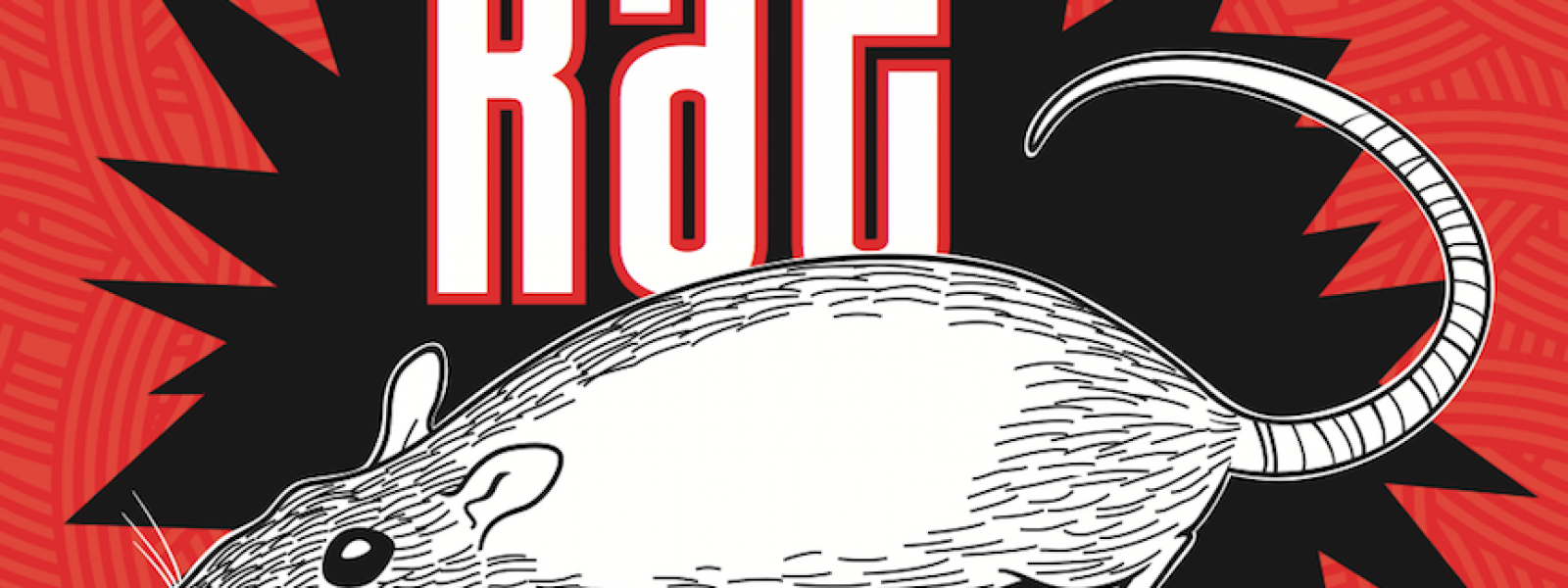Oh, Rats!
I have eaten quite a few rats in my day, and I’m here to tell you they are pretty darn tasty. Bush and pack rats of several species in Arizona, jungle rats of several types in Ecuador and Suriname, Royal rats (gibnuts) in Belize, cane rats in Uganda, rice rats in Thailand, a giant rat that reminded me of aguti in Cuba . . . even a crazy giant aquatic rodent called a nutria in Louisiana— they are all rats of various sizes and nothing (except bats and blood) does more to prove my point that eating preferences and picky eater syndrome are learned behaviors that can be unlearned than my enjoyment of rats.
The United States is obsessed with the cultural messaging that rat is an evil meat, diseased and unclean like the animals themselves. In the US, that’s mostly true. But like any other food animal, in many places that is not the case. A simple glance at a cow will tell you if it is sick or not, so you don’t eat one that is obviously afflicted. Same with rat. I can’t even look at them in New York City while waiting for the subway at midnight, but a 20-pound forest rat in the jungles of South America is a glorious beast. Rats like that one feed mostly on fallen date palms and other fruit and have the succulent sweet flavor that I associate more with pork shoulder than with any other meat.


You Dirty Rat
The Black Death gave rats a bad name. The pandemic was caused by the bubonic plague, a bacterium called Yersinia pestis. This was no ordinary “bug”; it was responsible for the death of 30 to 60 percent of Europe’s population during the mid-1300s. The world’s population went from 450 million people to between 350 and 375 million people. Many people blamed rats for
causing the plague, but it was actually caused by the fleas that carry the bacterium that would travel on the rats’ backs. Rats became notorious for being dirty animals, but in reality they are very clean. They spend hours a day cleaning themselves. You are more likely to get sick from a dog or cat than a rat.
Take it from a rat, good hygiene is very important to staying healthy. Washing your hands prevents germs from spreading and is especially important during cold season. Make sure to wash your hands before you eat, after you use the bathroom, and before and after you visit someone who is sick.


Pied Piper of Hamelin
In this German fairy tale, rats were overrunning the German town of Hamelin. The townspeople hired the Pied Piper to lure the rats away from the town with his magical pipe. (“Pied” means “multicolored” and it refers to his colorful attire.) The piper said he could get rid of the rats and the townspeople said they would pay him for it. He played his magical pipe and the rats followed him. He led the rats to a river to drown. All the rats drowned except for one, who wandered back into the town. The townspeople told the piper they would not pay him. He did not get rid of all the rats, so they did not need to keep up their end of the bargain. The piper left the town stating he would come back to seek revenge. One Sunday, while the townspeople were in church, the piper returned and began playing his pipe. Soon the town’s children followed him. He led the children out of the town and they were never seen again.
The moral of the story: Pay the piper.

